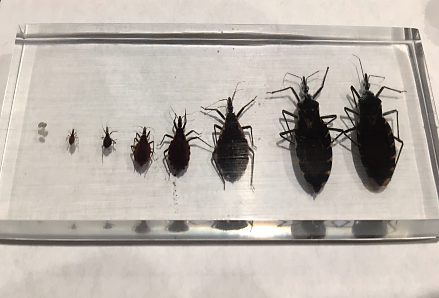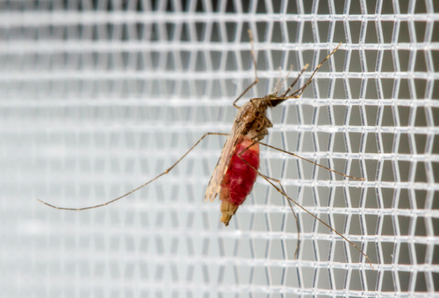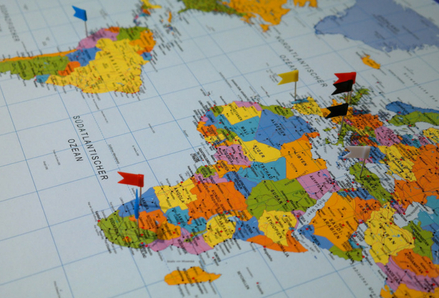In this edition of True or false?, we take a closer look at myths about airplane air, Yellow Fever certificates, travel health insurance, and street food. Myth #1: “Breathing airplane air makes you sick.” A common misconception is that if one passenger on an airplane has an illness, then everyone else on the plane will get sick. These fears can be propelled by news stories such this one, when a flight carrying over 500 people was quarantined in New York due to sick passengers on board. The culprit of the illness, which hospitalized 11, was determined to be the flu. Is aircraft air to blame? Airplane cabins are confined spaces that may appear to be the perfect breeding ground ...












